ENGLISH-FON-GNM UNIT-4- PART-4 PSYCHOLOGICAL ASSESSMENT
Psychological Assessment ( સાયકોલોજીકલ અસેસમેન્ટ ):
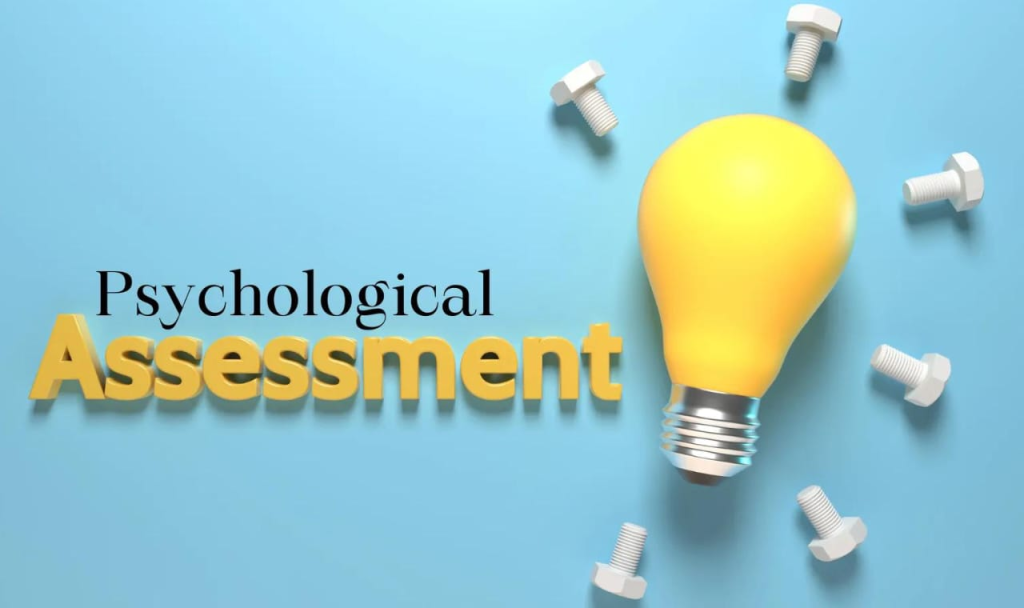
Mood (મૂડ)
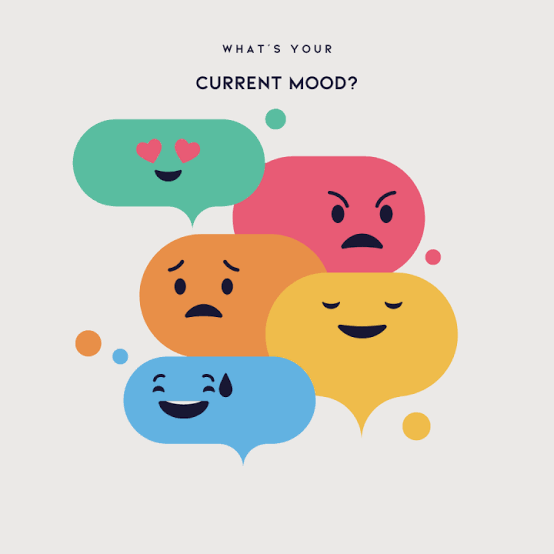
• A mood is a long-lasting emotional state that can be positive or negative.
• A mood is less specific, less intense than an emotion.
• A mood can last from hours to days.
• Moods are of two types, namely positive moods (happy, calm) and negative moods (sad, irritable, anxious)
• Moods are seen for a longer time than emotions.
Emotions (इमोशन्स)
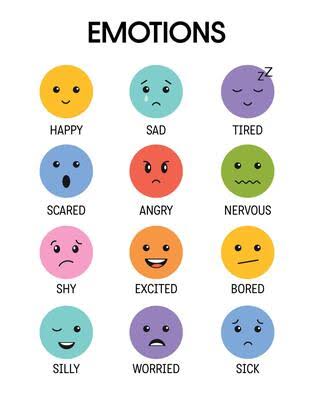
• Emotion is a psychological and physiological state
• Which determines our response to events and situations as well as our Reflects experience.
• Emotion is a complex pattern of bodily and mental changes that includes physiological arousal, feeling, cognitive processes, and behavioral responses.
• Which mainly includes 3 components:
1) Subjective experience (which includes what we personally feel such as happiness, sadness)
2) Physiological response (which includes what is seen in the body such as heart rate, sweating)
3) Behavioral response (which includes how we react such as our facial expression, voice tone)
Write down classification of emotions (Write down Classification of Emotions)
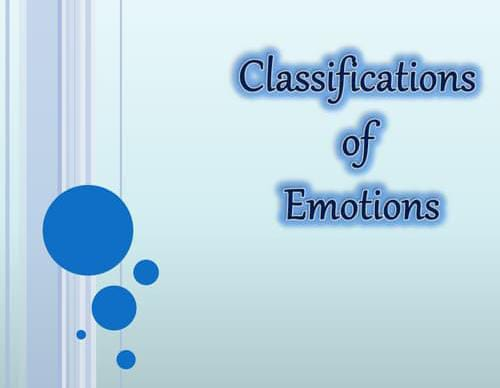
Emotions have been classified in different ways. which is as follows :
1) Positive emotions vs negative emotions (Positive emotions vs negative emotions)
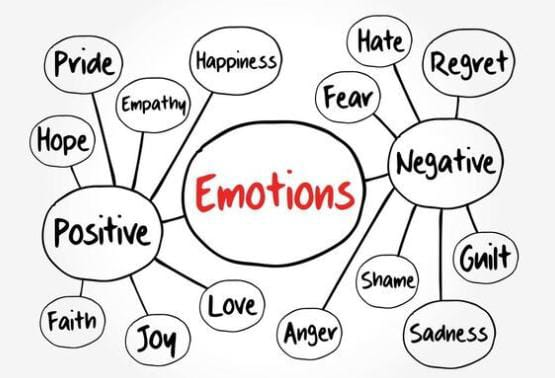
Positive emotions
Positive emotions include all emotions that have positivity, such as,
• Joy
• Gratitude
• Love
• Hope
Negative emotions (नेगेटिव एमोस्टीवीजोस्ट)
Negative emotions include the following emotions. Like,
• Anger
• Fear
• Sadeness
• Guilt
• Shame
2) Basic emotions vs complex emotions Emotions)
Basic emotion
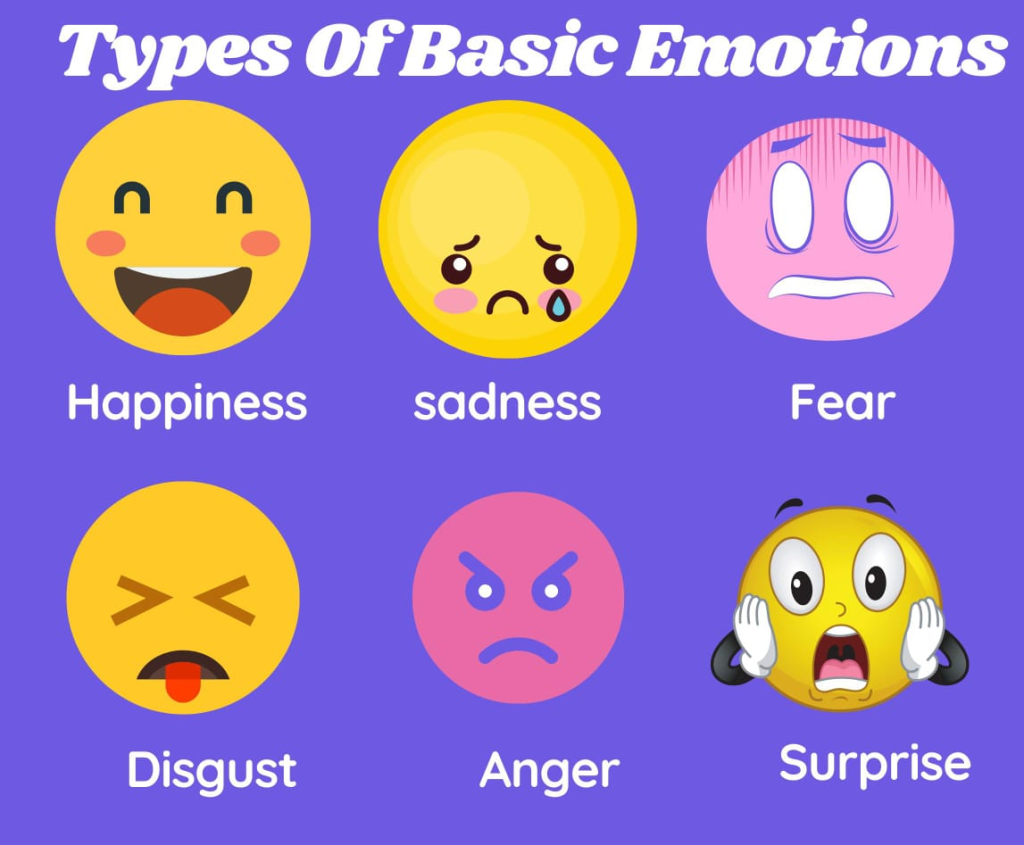
Basic emotions are universally recognized, such as,
• Happiness
• Sadness
• Fear
• Anger
• Surprise
• Disgust
Complex emotion (Complex emotion)
Complex emotion is learned emotion that is culturally influenced. Such as,
• Guilt
• Shame
• Embarrassment
• Pride
• Jewelry
Intelligence (Intelligence)
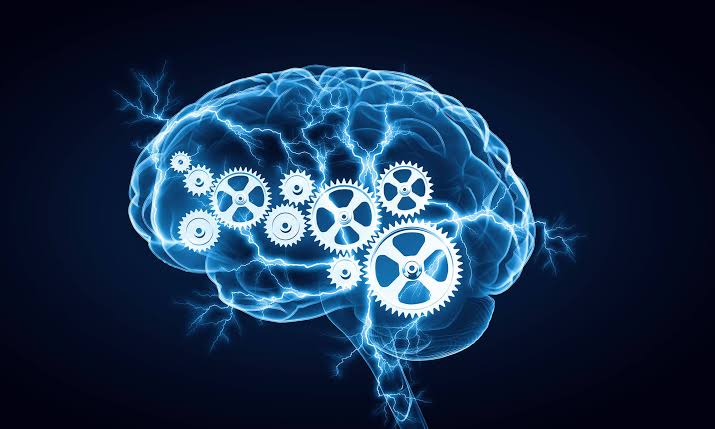
• Intelligence is a person’s ability to learn, solve problems, and adapt to new situations.
• Intelligence is a global capacity of a person that enables them to act purposefully, think rationally, and deal effectively with their environment.
Write down types of intelligence
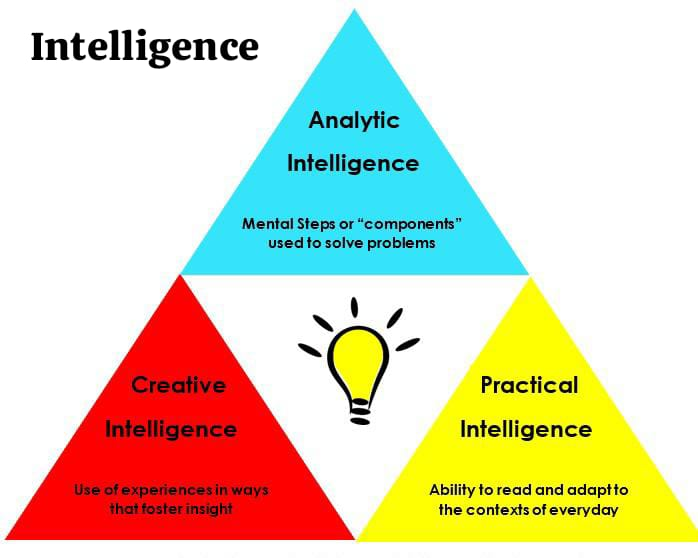
Human intelligence is mainly divided into 3 types:
1) Analytical intelligence
2) Creative intelligence (creative intelligence)
3) Practical intelligence (practical intelligence)
1) Analytical intelligence (analytical intelligence)
This is a type of academic problem-solving skill in which a person analyzes, evaluates, compares and contrasts any information. Does. Solves problems and does logical thinking. Understands complex ideas. For example, solving math problems, doing mental calculations.
2) Creative intelligence (creative intelligence)
Creative intelligence involves thinking outside the box, that is, thinking of something new, in which novel ideas are generated and new situations are adopted. Imagination is used in this intelligence and dealing with unfamiliar tasks or problems. For example, creating or inventing a new product. Creative intelligence is found in people like artists, investors.
3) Practical intelligence
In practical intelligence, the knowledge gained through daily experience is used to solve the daily problems of life. This intelligence operates in the real world. Experience-based methods are used in this intelligence.
Behaviour (बिहेव्यर)
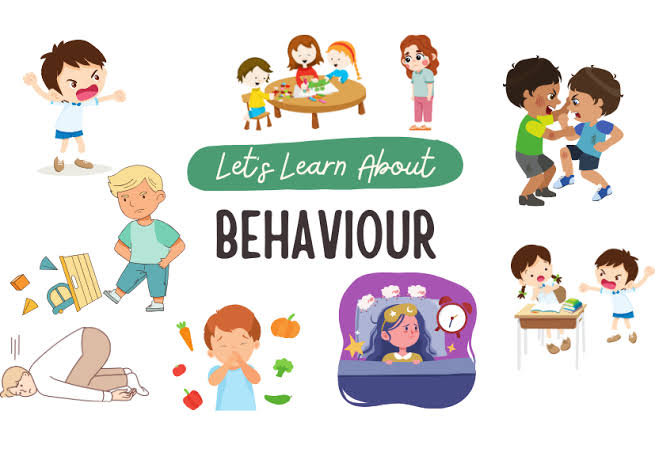
• Behavior is a way in which people behave.
• It is a way in which a person responds to a situation, stimulus, or environment.
• Behavior is a type of action or reaction in which a person, animal, or system responds to external or internal stimuli.
Normal behavior
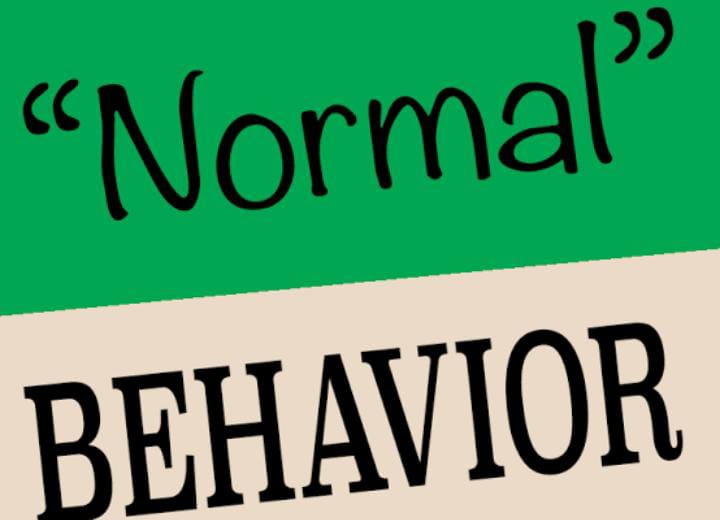
• Normal behavior is behavior that is socially acceptable.
• Such as following the rules in school, college.
• This behavior does not harm anyone.
Abnormal behavior (Abnormal behavior)
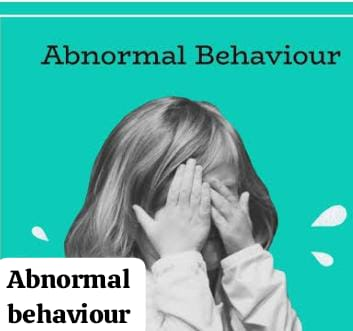
• Abnormal behavior is behavior that is unusual, dysfunctional, distressing, and socially unacceptable.
• Such as not following any rules or regulations.
• Rude behavior.
Write down characteristics of mentally healthy person / normal behaviour
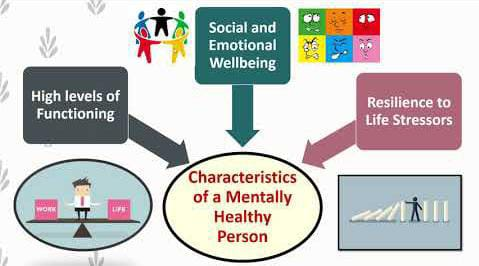
• He should be accepting of himself as well as others.
• He should have a positive self-concept.
• He should have his own personal identity.
• He should be free from internal conflict, stress, anxiety.
• He should be able to adjust well.
• He should be able to enjoy a positive philosophy of life.
• He should be accepting of reality.
• He should know his strengths and weaknesses.
• He should be able to cope with the problems that come in life.
• He should be able to face reality.
• He should have set some goals in life.
• He should have a strong sense of self-esteem.
• He should have feelings like self-respect, dignity.
• He should have good self-control.
• He should be able to deal with his stress and frustration.
• He should be doing his work or job successfully.
• He should be getting adequate sleep.
• He should be able to enjoy life.
• He should be able to build close relationships and maintain those relationships.
• He should be able to express his feelings and emotions.
• He should be able to find out his inner peace and his own strength.
• He should be able to perform his daily routine effectively.
Write down causes of abnormal behaviour

Biological cause (biological cause)
• Genetics
• Neurochemical Imbalances
• Brain Injury
• Exposure to Chemicals
• Parental Conditions
Psychological Causes (Psychological Causes)
• Trauma
• Abuse
• Stress
• Cognitive Distortion
• Past Learning Experiences
Social & environmental cause (social and environmental cause)
• Family conflict
• Stressful life event
• Peer pressure
• Cultural expectation
Socio-economic factor (Socio-economic Factor)
• Poverty
• Lack of Education
• Unemployment